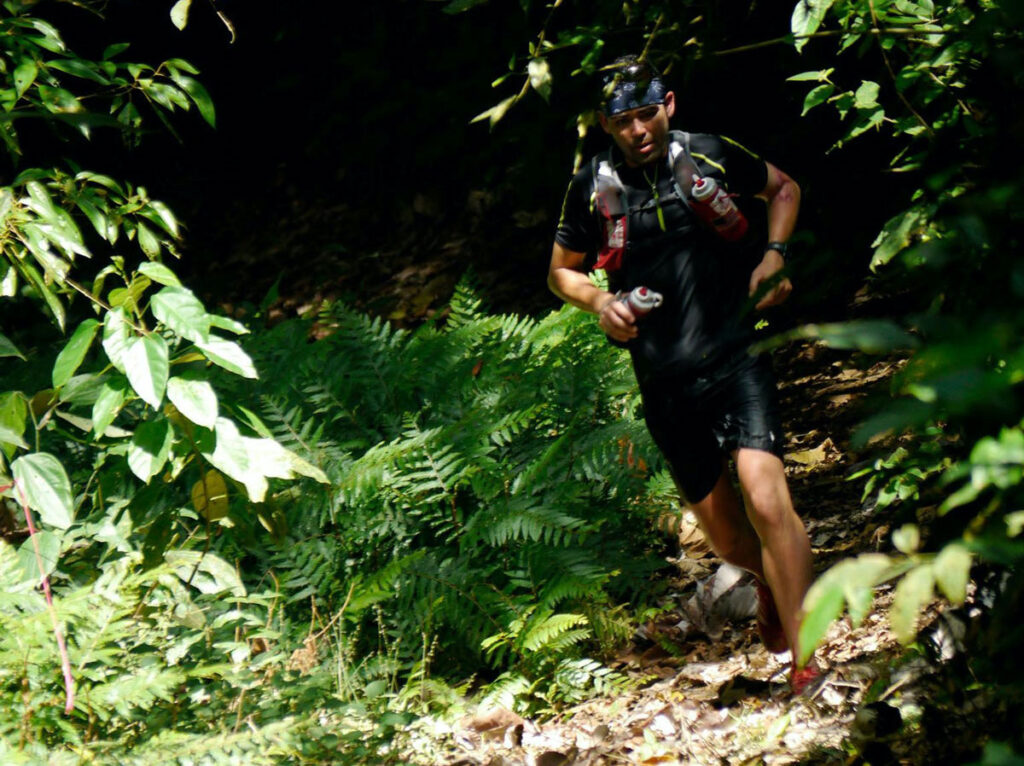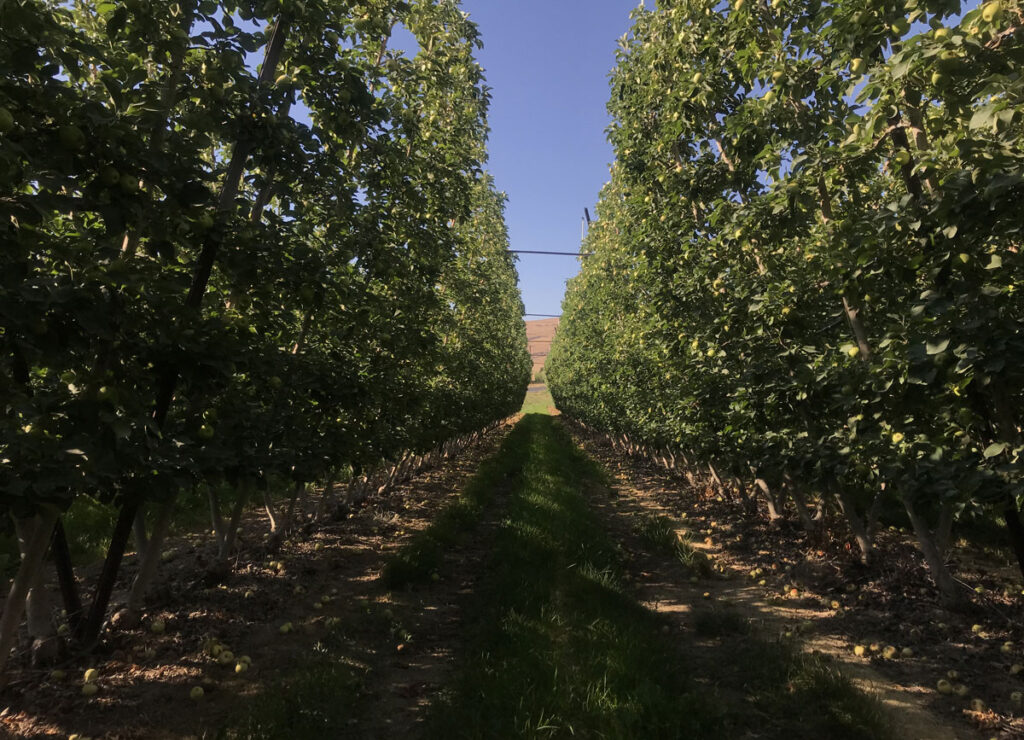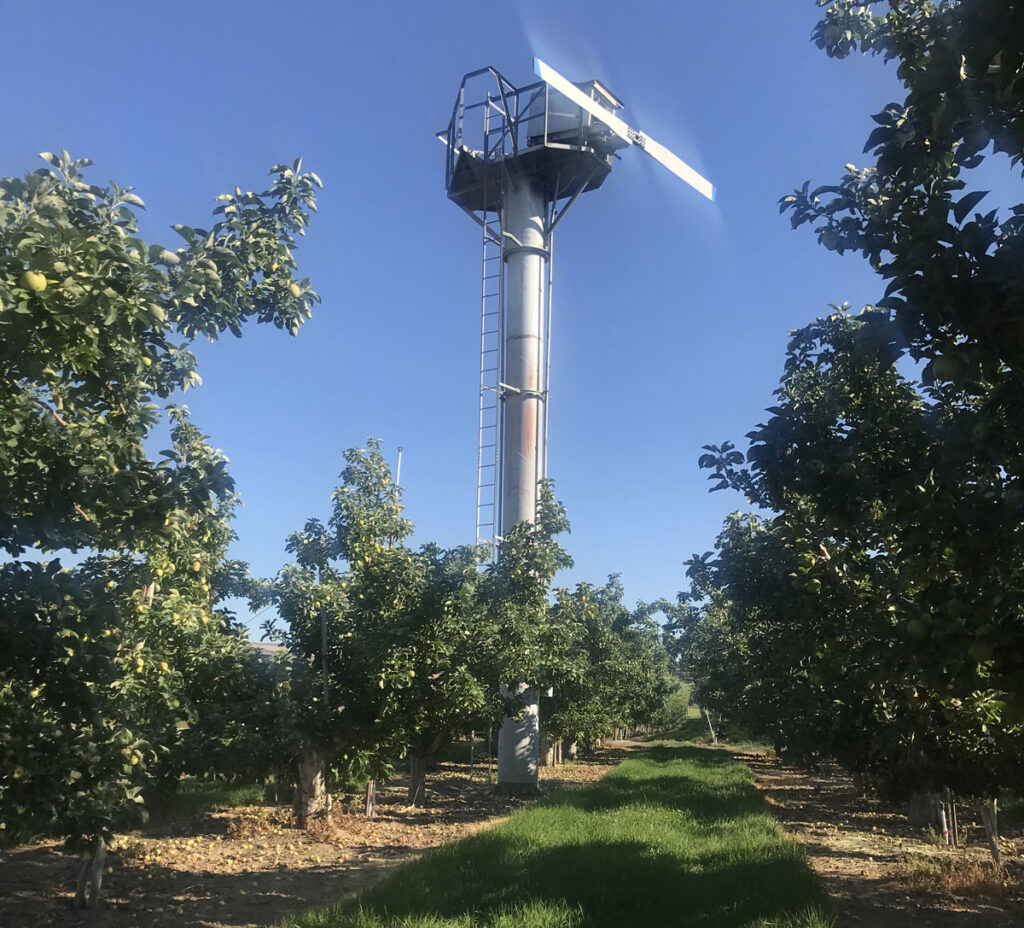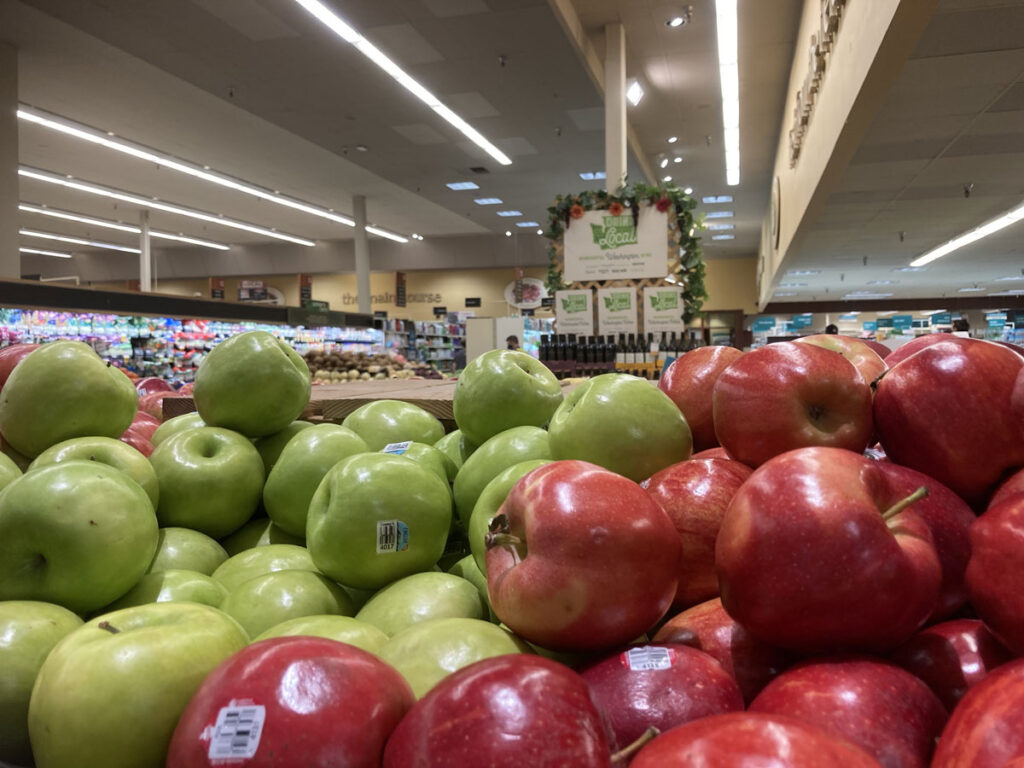
Over the weekend of October 9th and 10th, I ran for 24 hours on Benton County’s Badger Mountain in Washington State. The purpose of the run was to add to the conversation around farmworker justice. Running for twenty-four hours is easier than working 10 hours of farm work. Farmworkers have few alternatives to participate in America other than a position of oppression and exploitation. The challenge of moving for 24 hours attracts a greater interest than a group of invisible workers responsible for feeding our country of 330 million mouths. This essay is a reflection of the run and the farmworker experience. I have the privilege to move for an extraordinary length of time for people I believe in. The article’s goal is to inspire additional research on the plight of farmworkers and political action on their behalf.
In writing the final draft of my Capstone, the project felt incomplete without initiating a social-justice public campaign to advance work justice for farmworkers. Running an ultra-marathon to honor farmworkers was within my ability and still unique to attract curiosity from the broader population. An exceptional effort brings attention to worker abuse and exploitative workforce essential to American society. I ran and walked the 24 hours in solidarity with the millions that work as farm workers.
Saturday, I arrived early to prepare for the day ahead. This time of year, a strong wind blows the south face of Badger. Winds are strong enough to push you off stride, burn your face and drain your energy over the night. Temperatures overnight were to stay above freezing, but with the wind would feel colder. I’ve had difficulty regulating my body temperature after 8 hours. Strong wind provided a question only time would answer. The inspiration of the event left a short- timeline to train for the run. I doubted; to begin in late June for a September/ October run was not enough time to gain fitness. The cause for farmworkers motivated me to attempt regardless of the short training block. The afternoon was sunny and cool fall weather, perfect to start the day.

When 4:00 pm arrived, I imagined the start of farmworker’s day at 4, or 5:00 am cold, tired, and a 12- hour workday in front of them. Farm work is one of the most dangerous jobs in America. The work requires repetitive movements that may lead to long-term disability at minimum aches and pains throughout the day. Farm work is unselfish work. The farmworkers I speak with always recognize the danger of the work, acknowledge the pain in their wrists, back, and feet. And tie the motivation to complete the job to provide “a better life for my children.” A better life means a vocation other than farm work. The trade-off is to sacrifice their physical body for a wage that feeds them today, but not enough to provide a pension when they can no longer work. The motivation to finish a tough day or get out of bed to start a new one are daydreams of their children graduating college, owning a home, and grandchildren. Farmworkers have no images of grandeur, no ego, only a promise made for the future and reaffirmed each morning when they clock- into work. The start of my run, in comparison, was a clear blue sky afternoon with a promise of success. I completed the first loop ten minutes faster than my projected time. I am motivated too!
Earlier in the summer, I spoke with two farmworker mothers; they shared the need to work more than ten hours a day to support their families. The cost of living is beyond their pay. Instead of learning English or marketing themselves for an improved job, they work extra hours perpetuating the grind of poverty. I think of my conversation with them past the midnight hour, the temperature dropped, and I was ready for an extended break to change into warmer gear and fresh pair of shoes. Farmworkers have few services available to improve their position, so I did not assign a support crew to aid me through the night. If I did not remember to eat, drink and care for my health, I would not make the 24 hours.

Back at the car, I drank about 12 ounces of protein shake, 16 ounces of water, slices of honey crisp apples, nectarines, melons, and bosc pears. All the food I used for the run was planted, grown, and harvested by farmworkers. Then and moved to check my headlamps. The wind gust blew with power. I was not ready for ten plus hours of the wind pushing me off the trail and temperature fluctuation from warm to cold. I expected the wind in October. I thought back on my experience with farmworkers and my research. The countless articles detailed farmworkers pressured to work in horrible weather conditions. Farmworkers risk their bodies to keep groceries, restaurants, and institutions supplied with extreme triple-digit heat or freezing temperatures. They do not receive additional pay or consideration from working through forest fire smoke, a pandemic, heavy rains, extreme heat, and pesticide spray.
It is an entitlement for someone by any means to complete a job of feeding you and me regardless of health or economic incentive. While I am using this situation as motivation to run in poor weather, farmworkers have to be on the job or lose their ability to earn to provide for their family. Running 24 hours is simple in comparison. A luxury that many live out in different forms of privilege every day. We expect quality foods to fuel our exercise to good health; An exquisite meal and alcoholic libation to close a business deal; A full spread at family gatherings with savory dishes showcasing our heritage. We take for granted an abundant assortment of fresh fruits, vegetables, and their by-products. We appreciate a skilled cook, a creative chef, to select quality ingredients and manipulate them into delicious meals. Farmworkers are the key to the joy we hear, create and experience with food. Our lives would be out of bounds ineffective without a sector of workers caretaking our food supply. We must consider and learn more about how farmworkers improve our quality of life. We must ask are workers in agriculture jobs most Americans abandoned close to 100 years ago. I ask for courageous questioning about why farmworkers suffer the worst of the US economy and are denied upward mobility and benefits and services.
The constraints around farmworker prosperity impact their working-age children. Children see and feel the economic stress from their parents and feel an obligation to participate. Children in farmwork are a terrible mix. Child protection laws exclude child labor in farmwork.

Farm work is an industry where children as young as ten are pushed to produce as adults. The highest rate of child injury and death occurs in agriculture work. The low- pay in farm work creates an economic need for children to join their parents in the field. Despite the small contribution to overall household income, children sacrifice academic success. Research is clear of the importance of early childhood education. Excessive barriers in early achievement create a chasm that most children are unable to close. Hal off migrant farmworker students complete high school. Laws excluding farmworkers from protection push millions of United States residents into exploitative work dynamics and marginalized in their community.
Layers of agriculture lobby groups block efforts to protect farmworkers. Local, state, and federal governments collaborate with agriculture to ensure farmer labor supply. In the last century, for many reasons, efforts to organize farmworkers failed. Low public interest in farmworkers is one reason for failure in organized labor. Consumers choose winners with where they spend their dollars and influence big decisions with our voice. Farmworkers absolutely need help to improve labor conditions, pay, health, and quality of life. Through protest and advocacy in favor of farmworker rights, corporate agriculture are forced to reform farmworker exploitation. We are connected to farmworkers. We all eat from the work of farmworkers’ hands. My twenty-four effort was motivated by the connection farmworkers’ noble passion between land and effort they provide. My health is owed to quality food planted, grown, and harvested by farmworkers. My efforts are a plea for farmworker justice. I urge citizens to ask questions and review existing research on farmworkers’ low quality of life. Together, we can end child labor exploitation, increase wages, and promote farmworkers to a labor class equal to all US workers.
Sunday as the 24 hours came to a close, full of inspiration, I was moving up and down the trail as swiftly as I started. It was clear to me with a full day and night of reflection on the struggle for farmworkers as ongoing for more than a century. I am committed to staying with farmworkers until justice is granted with policy change and social recognition. The gusts of wind did blow, and unexpectedly rain came down sideways. My pace slowed to a determined walk one step over the next, but progress at any pace is still progress. The sun warmed and dried morning dew, and a visit of friends with coffee warmed my body and lifted my spirits. I realize the journey of farmworker justice is similar and will keep gathering friends to life awareness to full moments of joy.
